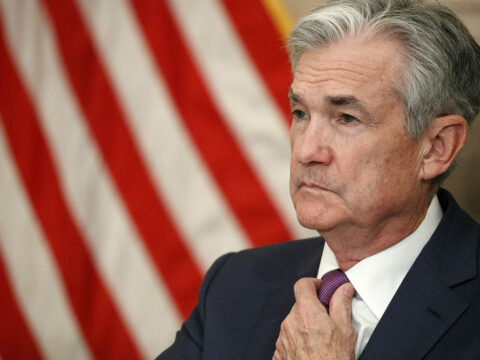
February 28, 2020 – Two weeks ago, when BuyMuni highlighted institutional investor concerns about the coronavirus outbreak, the stock market was still pricing in a quick rebound in global demand. “Business as usual” was the usual mantra from Wall Street traders more familiar with summers in the Hamptons than street markets in Shanghai.
With $6 trillion of market capitalization wiped out since, the market is finally paying attention to the threat of the virus on global populations and economic activity. In #muniland, market players continue to be complacent, as the influx of cash into fixed income assets and strong performance shroud what should be obvious:
The coronavirus outbreak will decimate many weak municipal credits.
Tourism At Standstill. Consider convention center credits and hotel tax credits, for instance. Since January when the virus began to spread unabated, outbound Chinese tourists have ground to a halt. According to the World Trade Organization, Chinese tourists made 150 million trips in 2018, and spent a whopping $277 billion. A chunk of that are spent on global tourist hubs including Los Angeles, San Francisco, New York City, Washington D.C. and Boston/Cambridge.
Historic Stock Market Correction. For states like California, New York and Connecticut, an estimated 15-20% of personal income tax is in the form of capital gains. With equity markets decimated, income tax revenues are likely to suffer, further squeezing governments’ declining budget buffers at the tail end of a growth cycle.
Less Activity = Less Economic Output. As previously reported by BuyMuni, economists and rating agencies are downgrading their growth forecasts globally and for the United States. In our view, there is limited research that points to the devastating economic impact that could result if the virus outbreak takes root in U.S. communities. It is not the coronavirus that will kill enough Americans, but the fear of contagion that will kill restaurants, hotels, theaters, sports and entertainment events and any community space-based business. Remember, the 70% of the United States economy is consumer-based. What the consumer gives, they also take back (from the economy, and from credit).
Fed Action Will Blunt Downturn, But Penalize Municipalities By Increasing Long-Term Liabilities. Many investors believe that the Federal Reserve will be forced to cut benchmark short-term rates at least two more times in 2020. The pressures are manifold: to support anemic consumer demand, to provide liquidity to weakening financial institutions, to counter-balance European and Asian central bank maneuvers to reduce rates even further into negative territory. Lower interest rates are of course a mixed blessing for municipal entities. When interest rates stay low, the present value of pension and OPEB liabilities will grow. Unlike corporations however, states and local governments are naturally “asset-negative”, meaning a corresponding increase in liabilities cannot be offset with asset monetization in most instances. The only option for issuers is to raise taxes or cut services – both unpalatable outcomes.
Have a view point to contribute about the topic? Drop your comment on our twitter account at www.twitter.com/buymuni.
Contact Caren Moses at CMoses@buymuni.com.



